Chemical Warehouse – How To Store Chemicals In a Warehouse?
What is the chemical warehouse? Chemical warehouses are specialized storage facilities designed to store chemicals under controlled conditions. Unlike conventional warehouses, chemical warehouses must adhere to strict safety, regulatory, and environmental guidelines. These warehouses ensure that chemicals ranging from industrial solvents and flammable gases to corrosive liquids are stored safely, minimizing risks to people, property, and the environment.
As industrial automation evolves, intelligent warehouse designs are becoming increasingly important in supporting complex storage needs, especially for hazardous and temperature-sensitive materials.
What are the requirements for a chemical warehouse?
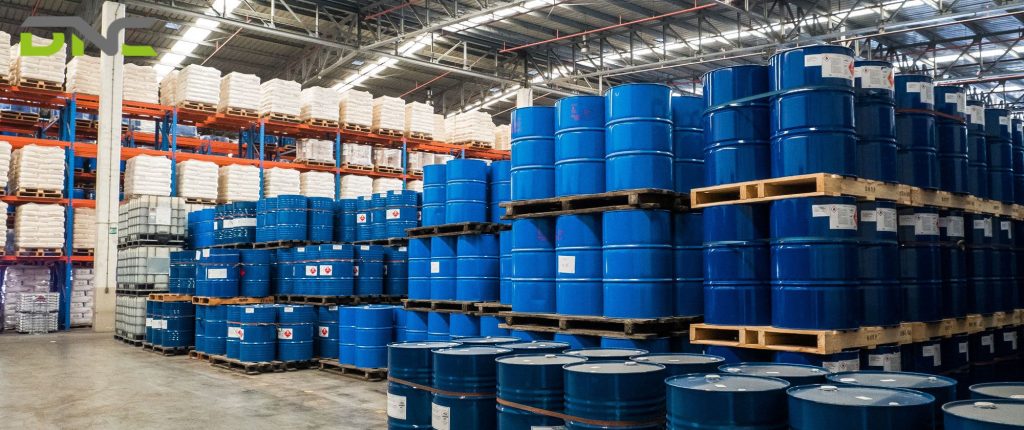
What are the requirements for a chemical warehouse?
Chemical warehouse operations are not limited to space. They require strict adherence to regulations, design protocols, and the integration of technology. The following are core requirements that any chemical warehouse must ensure good performance:
- Regulatory compliance: Chemical storage facilities must comply with NFPA fire safety regulations, local environmental, and zoning codes. Additionally, regular documentation, labeling, and audits are often required.
- Warehouse design and layout: The warehouse must clearly distinguish storage areas, such as:
- Separate areas such as acids versus bases, oxidizers versus flammables.
- Secondary containment systems: To catch leaks or spills and prevent cross-contamination.
- Air ventilation and filtration systems: To remove fumes and ensure clean air.
- Fire protection systems must be ensured, such as automatic sprinklers specifically designed for different types of chemicals. Or fire barriers and specialized chemical fire extinguishers in strategic locations….
- Temperature and humidity control are crucial in chemical storage because some chemicals are reactive or perishable at certain temperatures, such as adhesives, peroxides, or certain pharmaceuticals.
What types of chemical warehousing are there?
Chemical warehouse operations involve strict compliance with regulations, design protocols, and technology integration. Depending on the type of chemical, storage duration, and operational needs, businesses can choose one or a combination of the following solutions:
Dedicated chemical warehouses
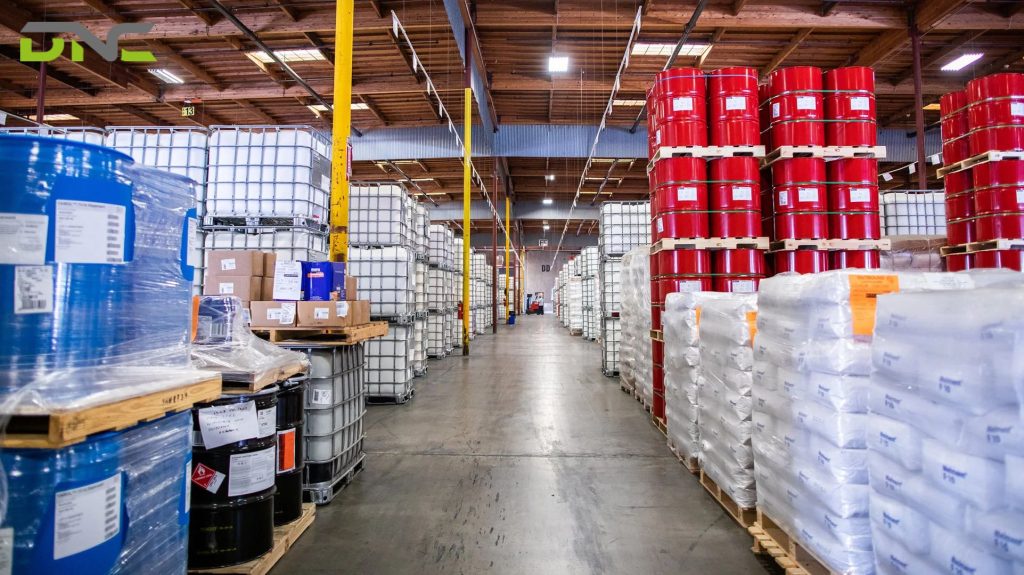
Dedicated chemical warehouses
These are purpose-built facilities owned or leased by a company to store its chemicals. This type of warehouse has complete control over storage operations and safety protocols. Custom automation systems are tailored to specific chemical profiles.
Cold storage chemical warehouses
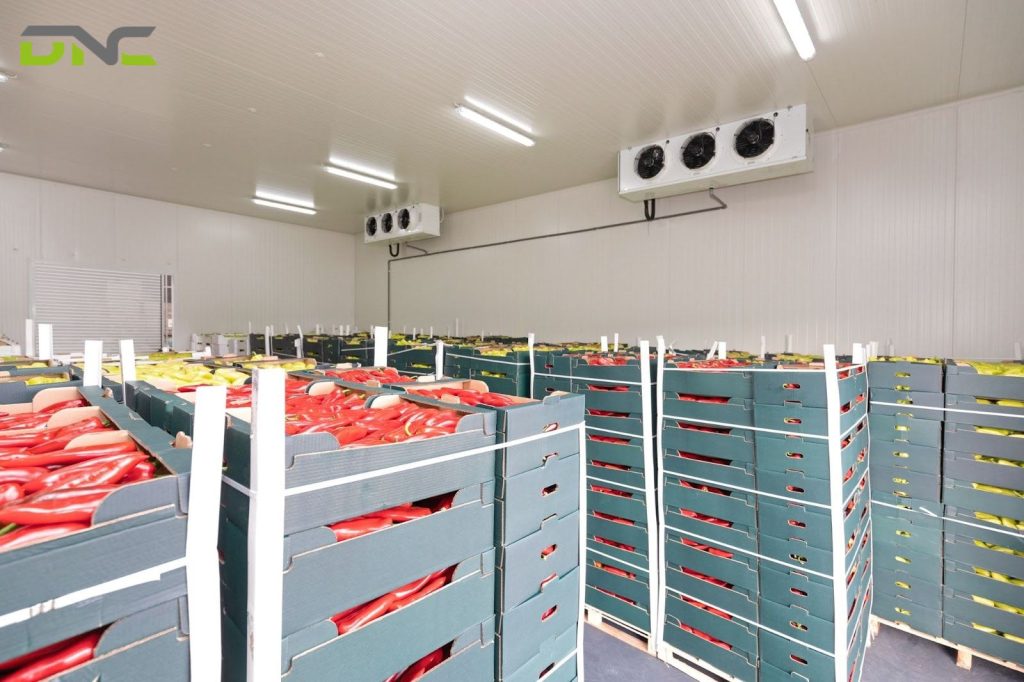
Cold storage chemical warehouses
Some chemicals require sub-zero or stable temperatures to maintain stability or potency, which requires precise temperature and humidity control. In addition, HVAC systems and backup power supplies support real-time monitoring with temperature deviation alarms, making them ideal for the biotechnology, life sciences, and chemical R&D industries.
Hazardous Materials Storage (HAZMAT)
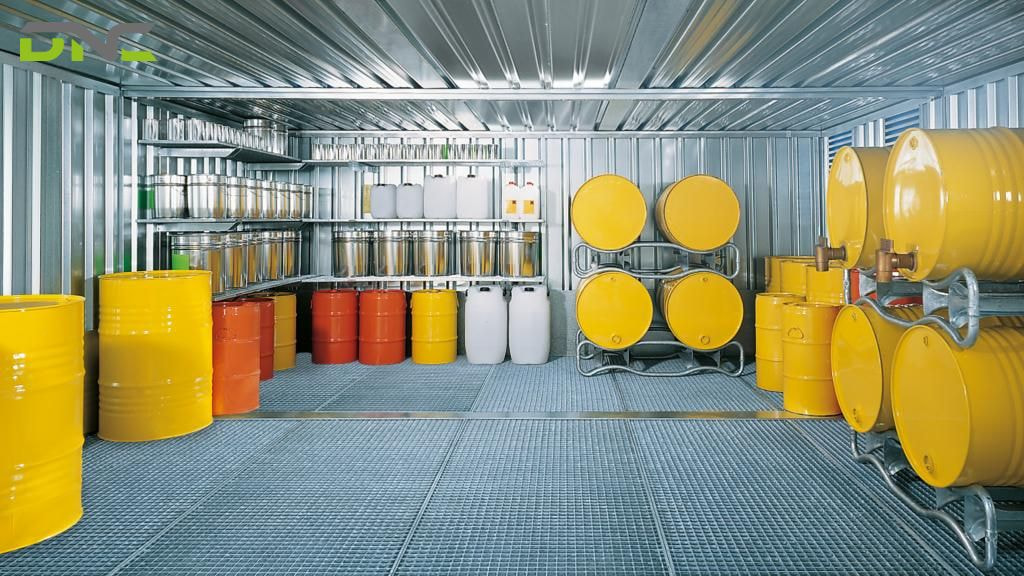
Hazardous Materials Storage (HAZMAT)
This type of storage facility is specifically designed for toxic, flammable, corrosive, and reactive chemicals. They are popular with chemical manufacturers, refineries, and bulk chemical traders. Chemical storage facilities must comply with NFPA fire safety regulations, local environmental regulations, and zoning.
What are the common challenges of chemical warehouses?
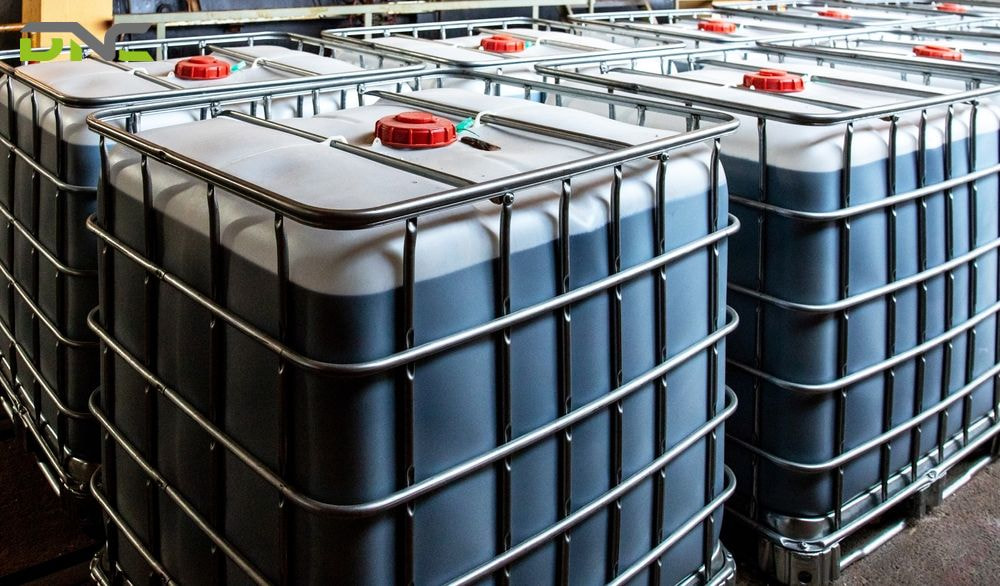
What are the common challenges of chemical warehouses?
With such strict classifications and regulations, chemical warehouse operations often face some major challenges, such as:
- Inventory accuracy and traceability: Chemical lot numbers, expiration dates, MSDS links, and compatibility data must be tracked with high accuracy. An error in selecting or storing incompatible substances can lead to disaster.
- Explosion or leak risk: The consequences of an operational failure are serious. Improper handling or storage can lead to chemical reactions, environmental hazards, or human casualties.
- Workforce training: Chemical warehouses require a specially trained workforce that is knowledgeable about safety protocols, PPE requirements, emergency response, and spill prevention.
- Integrating technology: Automation systems must support temperature logging, fire suppression coordination, RFID-based inventory control, and predictive maintenance for HVAC or safety systems.
Is the cost of setting up a chemical warehouse expensive or cheap?
So the question is, is it worth installing such a chemical storage system? The answer depends on many key factors such as size, purpose, and level of compliance. Some factors that can affect the cost of building a chemical storage warehouse include:
- Technology and automation: Implementing warehouse management systems (WMS), IoT sensors, and automated pickers can significantly increase costs, but also provide ROI through safety and operational efficiency.
- Maintenance and operations: For the warehouse to flow smoothly and ensure efficiency, in addition to training and certification of employees, regular audits and compliance renewals, equipment maintenance (e.g, HVAC, fire fighting, forklifts) are also important
- Risk and Insurance: Insurance costs are higher for chemical warehouses due to fire and contamination risks. Insurance readiness requires solid documentation and certified systems.
Overall, setting up a chemical warehouse is capital-intensive but necessary for businesses that rely on chemical logistics. The long-term cost savings and risk reduction justify the investment for many.
Conclusion
Chemical warehouses are more than just stacking drums and containers; they are strategic operations that require precision, compliance, and strict safety standards. Whether you are handling flammable liquids, corrosives, or temperature-sensitive substances, the design and management of chemical warehouses directly impact not only operational efficiency but also regulatory compliance and personnel safety.
Whether you are setting up your first facility or expanding operations across multiple regions, one thing remains the same: safe, efficient, and compliant chemical warehouses are the backbone of a resilient industrial ecosystem.
- 5 views
- 0 Comment



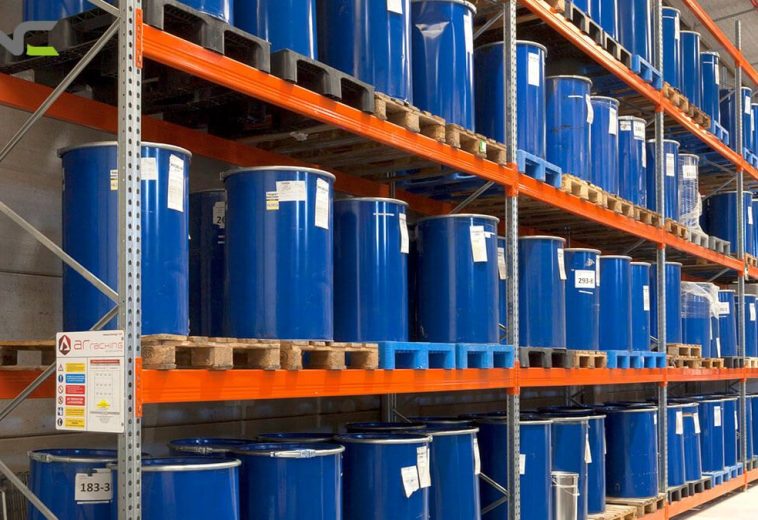
Recent Comments